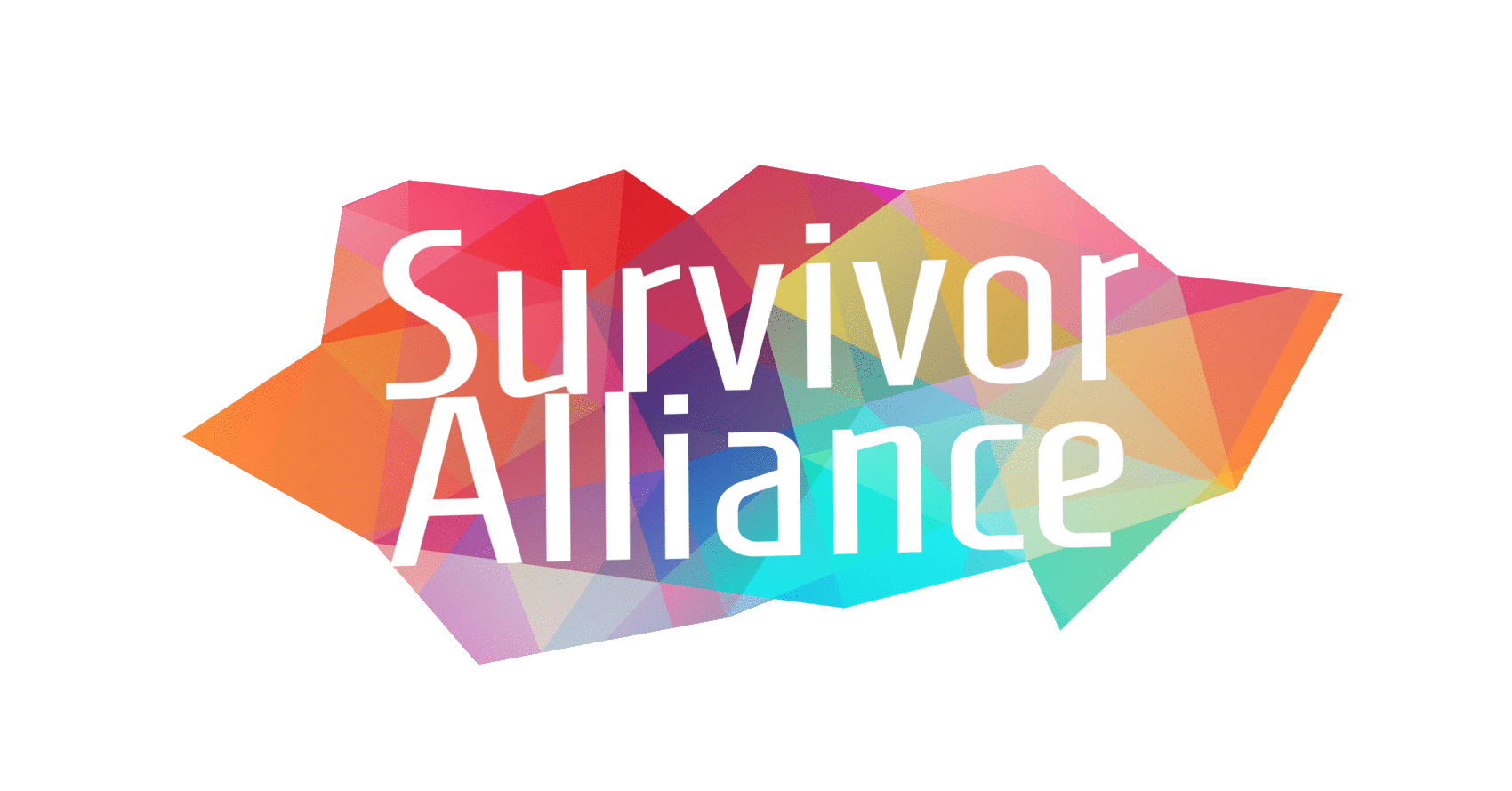Survivors LEAD 2024
Host a Placement
Year long Leadership & Social Justice Training Course
The Survivors LEAD program is an initiative of Survivor Alliance to fill the gap for survivors’ leadership in the anti-slavery movement. It educates and empowers survivors to become leaders. Integrating lessons from the Pathways to Freedom Capacity Building Initiative (CBI) and Training in Isolation, Survivors LEAD combines experiential education, socioemotional learning, leadership development, and upskilling for employment.
This is part of our efforts to empower survivors by developing leadership skills. These skills can be useful not only for leading a community but also by leading the journey of healing, recovery and meaningful inclusion.
The curriculum incorporates self-directed learning, face-to-face workshops, educational field trips, an placement/internship in an organization in the anti-trafficking movement, and a Capstone project to allow participants to integrate learning. We seek to boost and enhance leadership skills among new and current leaders to work steadily developing sustainable communities able to achieve well being, meaningful inclusion and economic empowerment.
Survivor Alliance is actively searching for partners in the anti-trafficking movement willing to offer a 10-12 week placement opportunity for Survivors LEAD participants in these priority areas: Community Building/Peer Mentoring and Trauma-Informed Direct Services. The placement needs to be 5 hours a week, for working remotely (mainly for resources constrain).
Objectives:
Prepare emerging survivor leaders to deepen engagement in the anti-slavery sector.
Introduce key knowledge and skills for 2 streams of anti-slavery:
Community Building/Peer mentoring and
Trauma-Informed Direct Services.
Provide survivor leaders with work experience through an internship placement.
Provide anti-slavery organizations with support for hosting a survivor leader intern, with the aim of deepening their commitment to survivor inclusion.
Outcomes
Designed a set of online modules for training the next generation of survivor leaders globally
Ten (10) survivor leaders trained on the basics of leadership in the anti-slavery sector
Ten (10) individual action plans for professional development in the areas of Community Building/Peer mentoring and Direct Services within a placement experience.
Four (4) Supervisors understanding the basics of trauma-informed supervision
Benefits for hosting a placement for Survivors LEAD participants:
Provide opportunities for meaningful inclusion of survivors and people with lived experience
Contribute to developing employability skills for survivor leaders
Begin your organization’s journey to becoming a survivor-informed organization
Access exclusive training and support from Survivor Alliance, deepening their commitment to survivor inclusion
Commitments to Host a Placement for Survivors LEAD participants
Provide a remote work experience to survivors LEAD participants for 5 hours a week for 10-12 weeks
Define roles and responsibilities for the placement and provide tailored induction to LEAD participants about your organisation and its role in anti-slavery
Participate in Survivor Alliance training
Work collaboratively with SA to assess progress for program improvement
Key dates
- December 20th: Host agency registration
- January 8th 2024: Host agency selection
- January 20th: Agency’s showcase and Q&A (TBC)
- January 30th: Participant choice deadline (TBC)
- February 1st-6th: One on one meet and greet between LEAD participant & supervisor’s agency
- February 13th: First supervisor’s workshop
- February 26th-March 1st: First week of placement/internship
- April 2nd: Second supervisor’s workshop
- May 7th: Final supervisor’s workshop
- May 30th: Internship last day
Examples of placement opportunities by area of work
Community Building and Peer Mentoring
Type 1: Helping to build survivor engagement opportunities
Type 2: Leading a alumni group of service users
Type 3: Create trainings to offer to NGOs
Type 4: Coaching fellow survivors
Trauma-Informed Direct Service
Type 1: Provide peer mentoring or befriending
Type 2: Identify gaps in services at your organisation
Type 3: Host wellbeing activities (group walks, art, etc.)
Type 4: Support initial conversations with victims being referred
Type 5: Develop list of resources for service users
Type 6: Support life skills development (taking the bus with someone, teaching how to use zoom, etc.)
Type7: Develop training materials for your staff/volunteers

